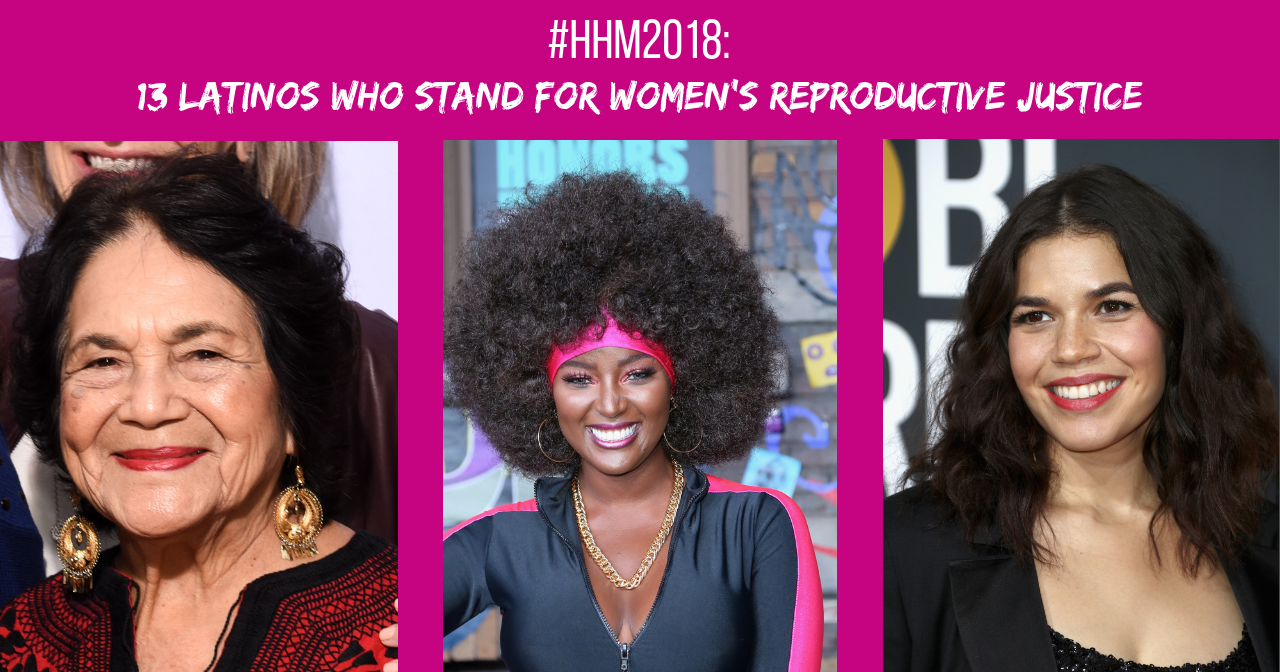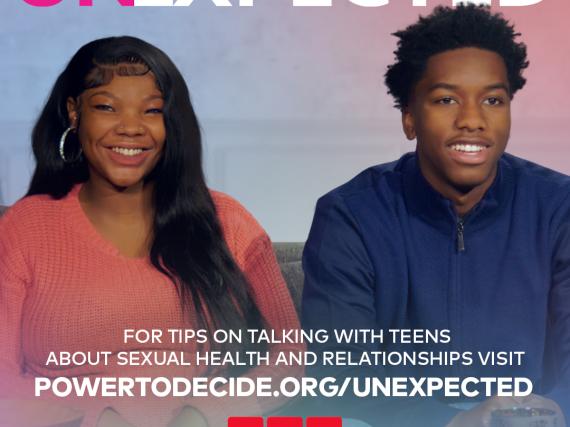Hispanic Heritage Month 2018: Celebrating 13 Latinxs Who Stand for Women's Reproductive Justice
During Hispanic Heritage Month (September 15 to October 15) we celebrate the culture and historical traditions of Hispanic and Latino Americans. Though history proves Latinas—and Latinx people—have had a complicated relationship with birth control, they continue to rely on methods like the pill and IUDs to allow them to start families if and when they desire. It was reported in a Cambridge study that 74 percent of U.S.-born Latinas (and 62 percent of foreign-born Latinas) believe birth control should be safe and accessible. Hispanic Heritage Month is a great opportunity for us to recognize the many contributions Hispanic Americans have made in order to help ensure women have the power to decide their futures.
Dolores Huerta
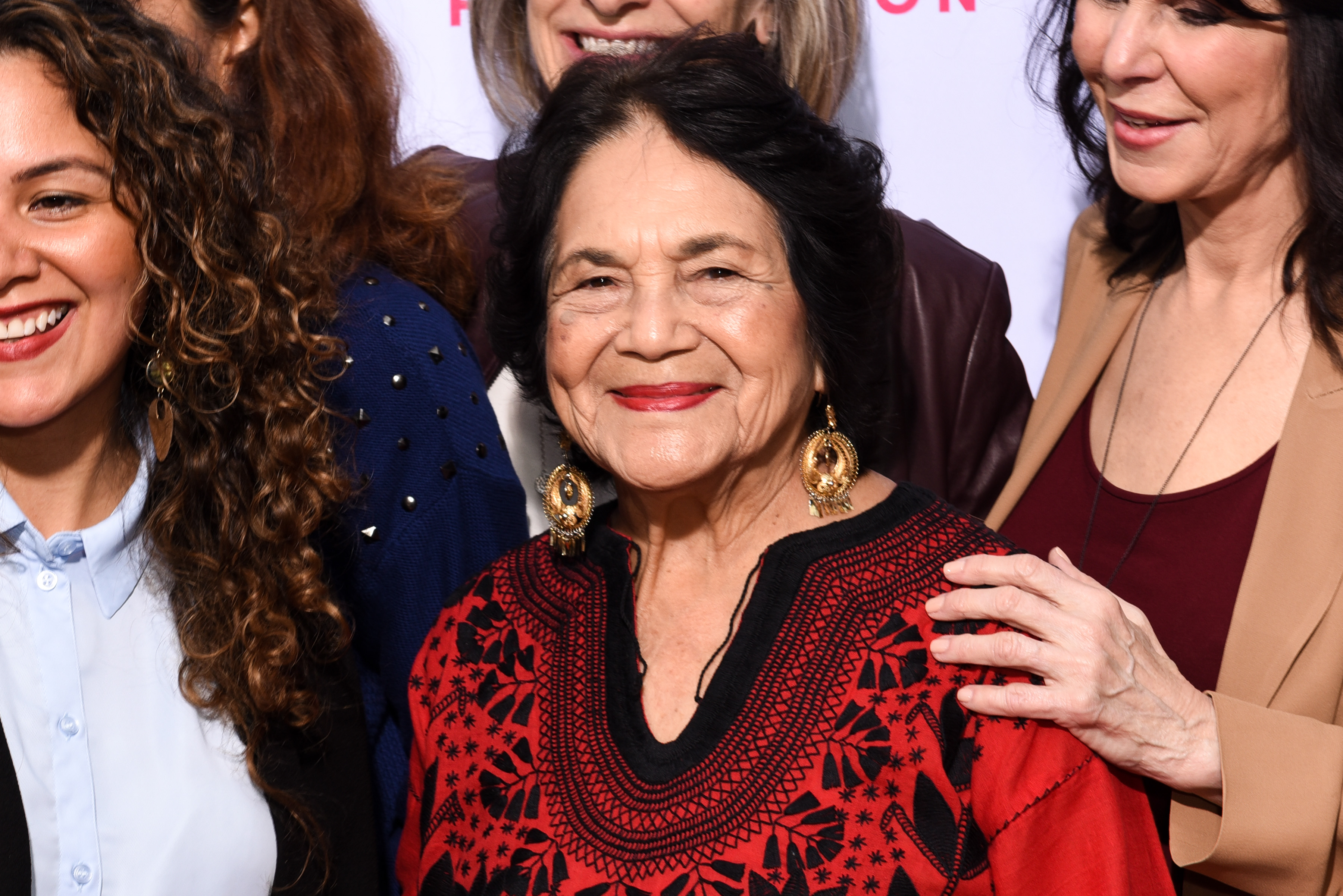
The legendary Dolores Huerta is best known for pioneering the civil rights and labor movements. She defines herself as someone who “supports a woman’s reproductive rights, who supports a woman’s right to an abortion, who supports LGBT rights, who supports workers and labor unions, somebody who cares about the environment, who cares about civil rights and equality and equity in terms of our economic system.” In other words, Dolores is a hardcore feminist who will continue to champion issues she cares about surrounding women’s health care and well-being.
Helen Iris Torres
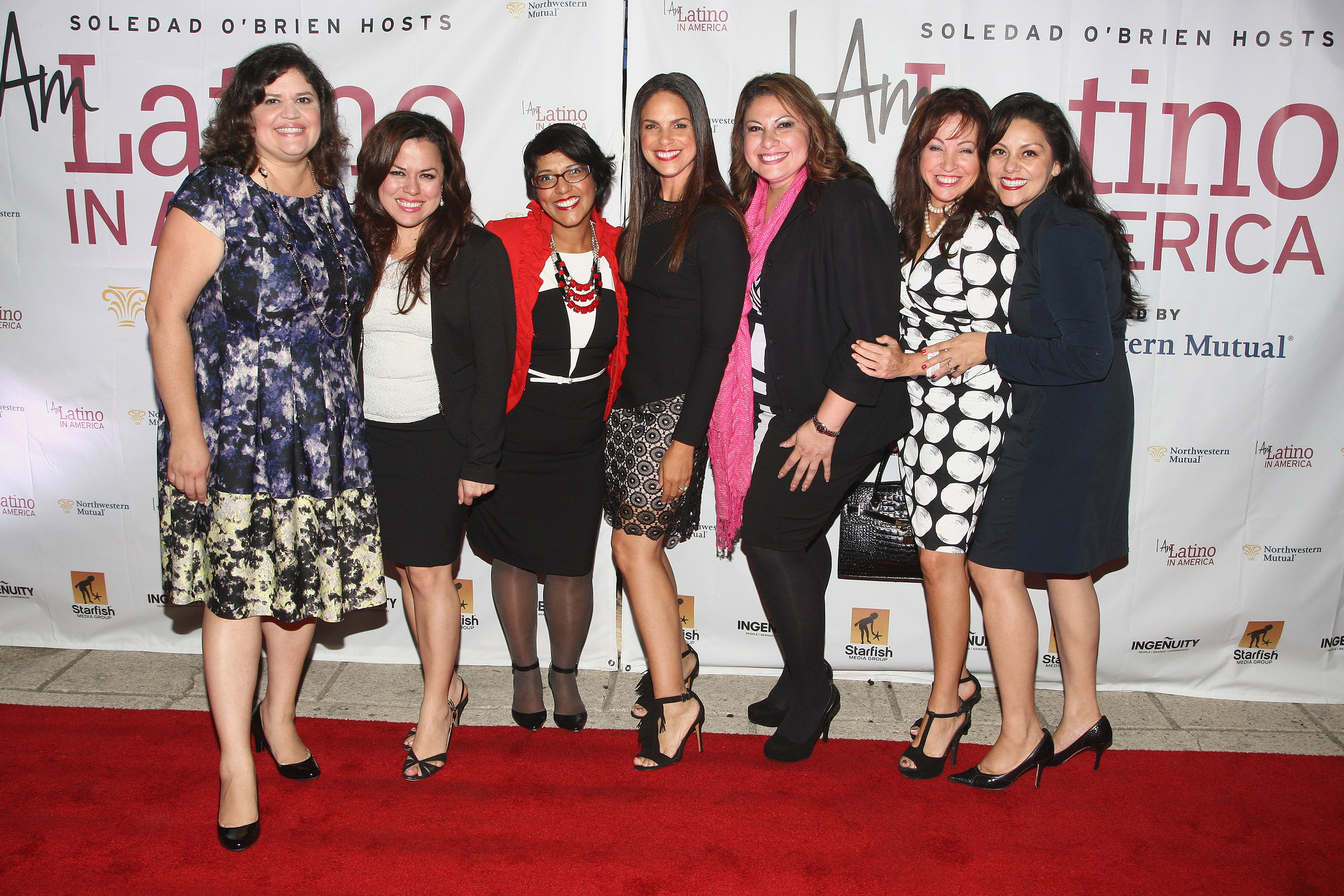
Helen Iris Torres is the Executive Director of Hispanas Organized for Political Equality (HOPE), a nonprofit, nonpartisan organization committed to ensuring political and economic parity for Latinas. For the past 18 years, Helen has led HOPE in serving the Latina community with innovative programming that provides leadership development, statewide networking opportunities, and experiential learning to both adult and high school age Latinas. HOPE has been a strong advocate in expanding accessible healthcare for Latinas, including the implementation of teen pregnancy prevention education. In 2011 HOPE was instrumental in introducing the Communities of Color Teenage Pregnancy Prevention Act to Congress. The organization has also made teen pregnancy prevention an educational priority within its HOPE Youth Leadership Program, which impacts 300 high school age Latinas annually.
“Making sure Latinas have equitable opportunities in reaching their full leadership potential has been my life’s work. When women thrive, whole communities thrive, and an integral part of one’s success is access to quality, affordable healthcare. Access to accurate sex education that helps prevent unplanned pregnancies is healthcare. It enables Latinas—and all women—to reach their goals and uplift everyone around them.”
Gina Rodriguez
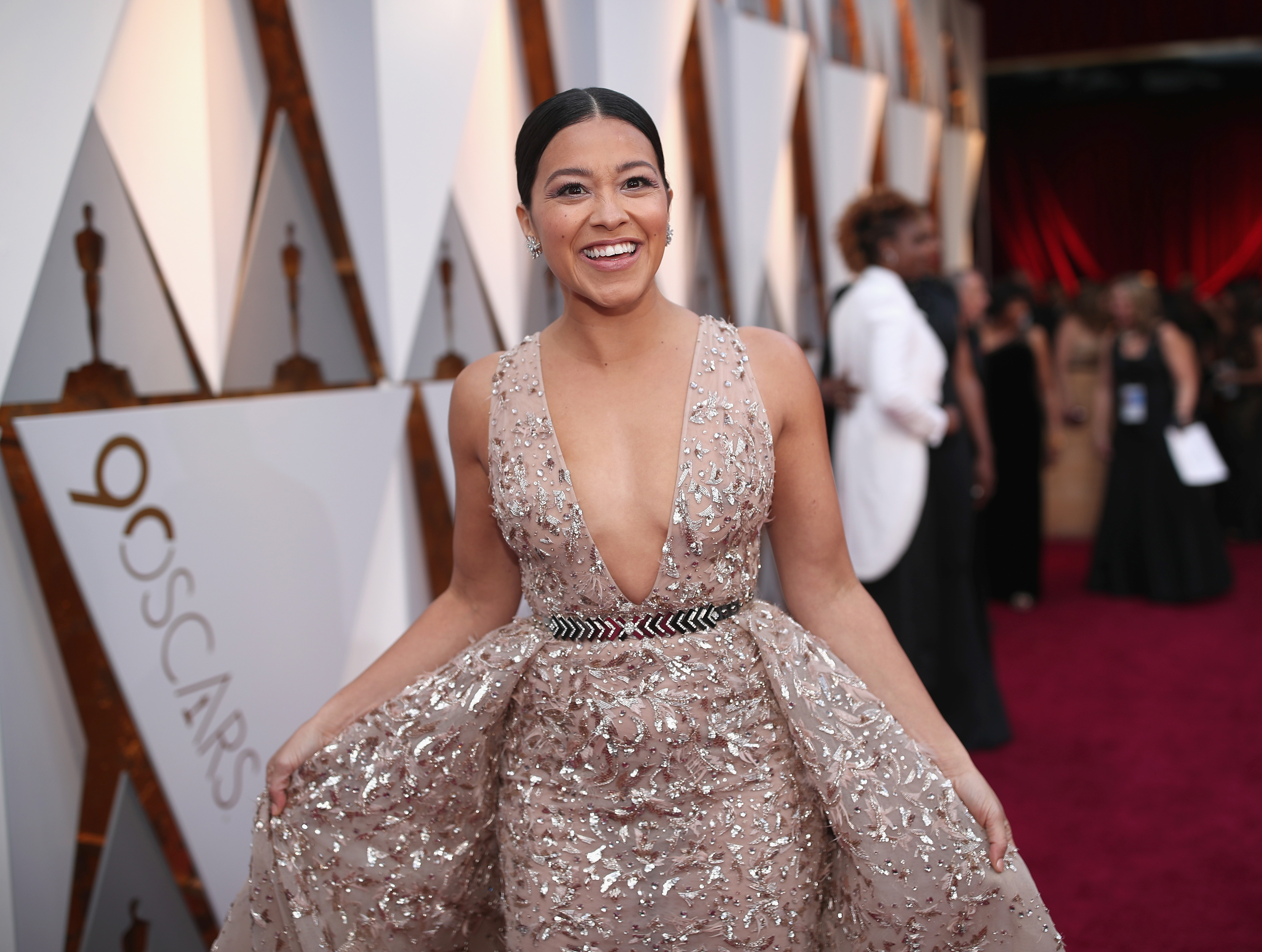
Gina Rodriguez has always been vocal about matters that extend beyond the screen. Rising to stardom as Jane Villanueva in CW's Jane the Virgin, she has used her platform to highlight issues such as immigration, women's rights, and education. In 2017, Gina partnered with Always to bring awareness to the lack of feminine hygiene products available to girls.
"The fact that one in every five American girls lack access to hygiene products is astounding to me. I was very lucky to not only have access but women around me who taught me not to be afraid of your own body."
Victoria Justice

Though Victoria Justice is committed to several organizations, the Nickelodeon star is most proud of her work with Girl Up. Girl Up helps grant access to health education and pregnancy prevention to women and girls worldwide.
"I’m so excited to become a champion for Girl Up and to help make a difference for girls who aren’t given the same opportunities that most of us take for granted. I know that there are plenty of girls throughout the country who are just like me—ready and motivated to stand up for the rights and well-being of girls in the developing world. I am confident that, together, we will rise to the challenge.”
Jennifer Lopez
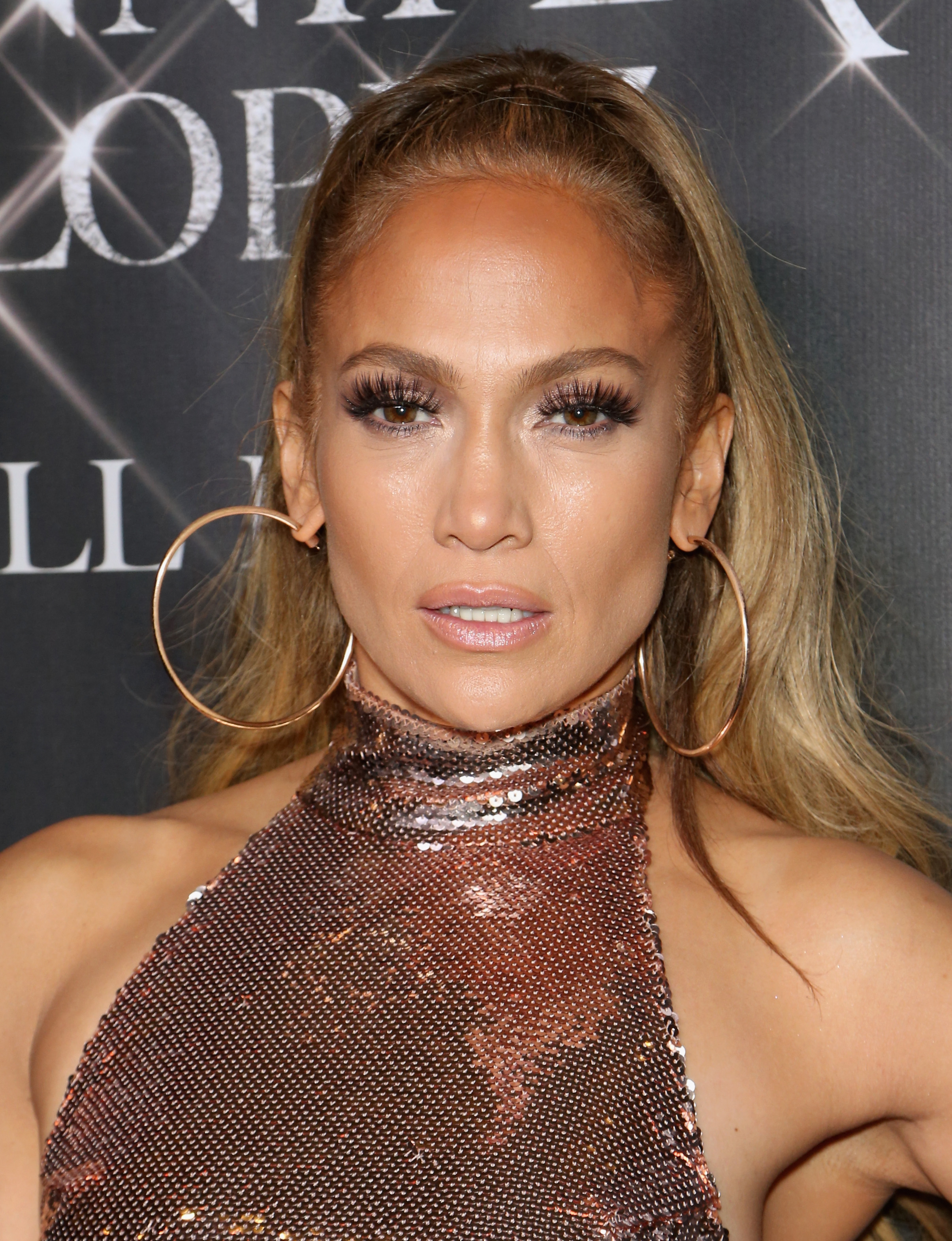
Jennifer Lopez is a singer, actress, dancer, and philanthropist. Her philanthropy extends through The Lopez Family Foundation, which she launched alongside her sister Lynda in 2010. The foundation is dedicated to improving the health of women and children by providing access to quality healthcare and health education.
“We grew up in a neighborhood that was not privileged, with an awareness of what many must go without. The number of children that grow up without access to quality healthcare, doctors, and healthcare facilities, is unacceptable. Also unacceptable is the small number of parents who have access to be adequately and completely informed about critical child- and healthcare topics.”
JoAnna Garcia Swisher

JoAnna Garcia Swisher, known best for her role as Reba McEntire’s eldest daughter on “Reba,” takes pride in standing up for women. In 2011, JoAnna teamed up with Merck (manufacturer of the NuvaRing) to launch a social media campaign for young women to talk about birth control options.
“Women's health issues have always been an enormous priority for me, and I also love the idea of celebrating that we're an empowered generation of women,” she said. “I think it's a must to make your health a priority and want to encourage women to take control of their lives and to believe in themselves.”
Sonia Sotomayor
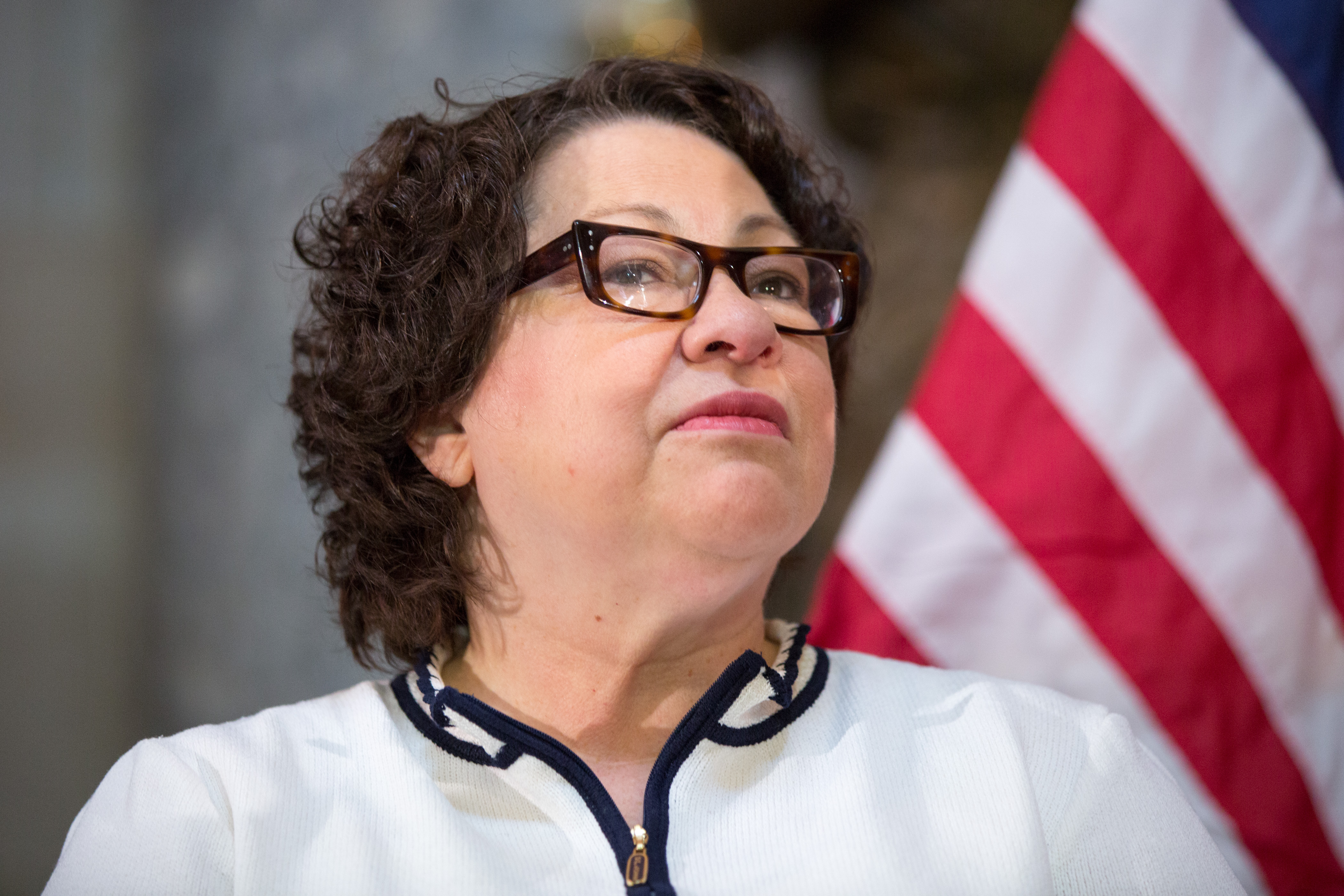
Sonia Sotomayor is an Associate Justice of the Supreme Court of the United States, appointed by President Barack Obama in May 2009 and confirmed in August 2009. She has the distinction of being its first Justice of Latin American descent. Sonia has made a career of protecting minorities, women’s health, and pushing for criminal justice reformation. In a few notable rulings, she rejected Arizona’s anti-immigration law SB 1070, overturned Wheaton College’s ban on contraception, and ruled in favor of marriage equality.
America Ferrera
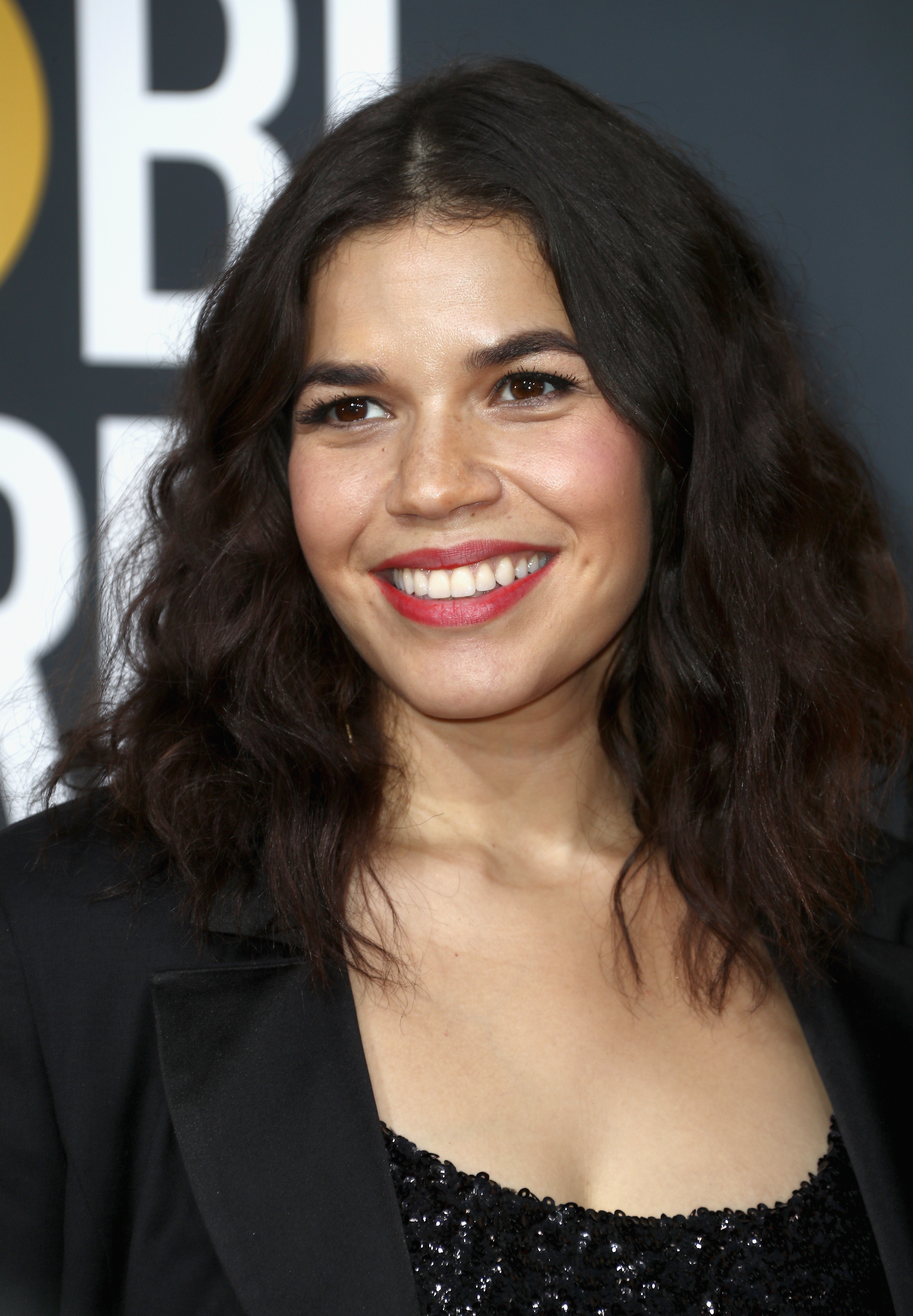
America Ferrera is an actress who strives to keep the activist momentum going in the United States. She spoke on ways to build communities through ethic and love at the Women’s March on Washington in 2017 and is a strong advocate for organizations that provide reproductive health, such as Planned Parenthood.
“I think that women’s health is an issue that is close to me, because of my community,” Ferrera said while attending a Planned Parenthood luncheon. “We’re only as strong as the ability we have to take care of the women who are giving birth and nurturing the next generation.”
Rep. Lucille Roybal-Allard
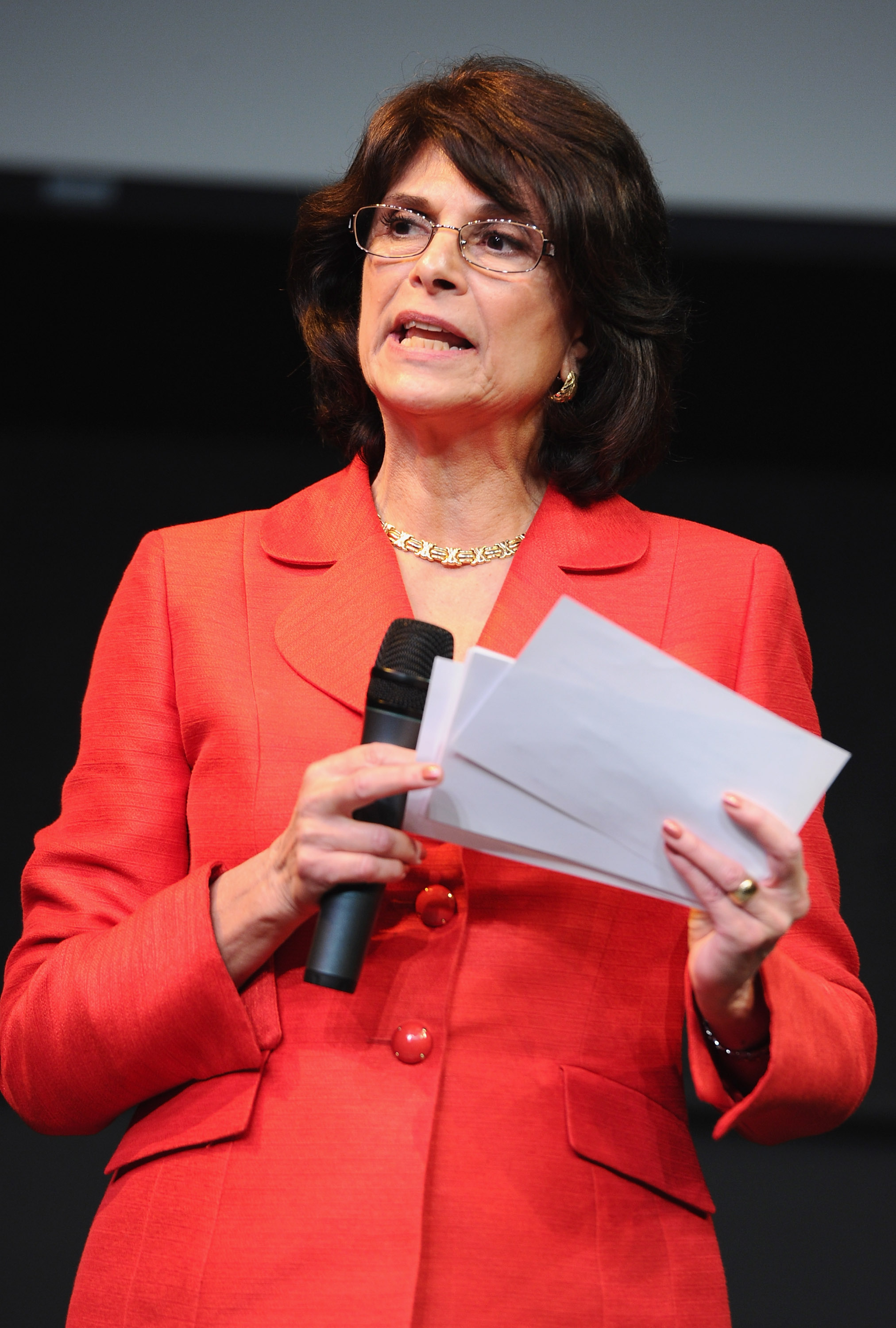
As a member of the subcommittee that funds all government health programs, and as a co-chair of the Public Health Caucus, Congresswoman Lucille Roybal-Allard has been a longtime champion for programs to prevent teen pregnancy and to promote access to family planning services. In previous Congresses, she also introduced the Communities of Color Teen Pregnancy Prevention Act, which would provide critical resources and educational programs to address the disproportionately higher rate of unintended teen pregnancy among young women in racial and ethnic minority communities.
“Reducing teen pregnancy and promoting family planning is critical to the well-being of mothers and babies alike. A teenage mother is less likely to finish high school, more likely to be unemployed, and more likely to be dependent on public assistance. Her baby’s birth will be more vulnerable to complications, and her baby will be at greater risk of preterm birth, low birth weight, and even infant mortality. By promoting sexual health education that accounts for cultural and linguistic differences, we can prevent teen pregnancies in communities nationwide.”
Zoe Saldana

We know Zoe Saldana as an actress whose feminist views drive her passion for seeking roles that depict women as powerful individuals—hence her strong female leads in Avatar, Guardians of the Galaxy, and Star Trek. Her feminist views are shared by her husband, Marco Perego, who took Zoe's surname when they married in 2013. As her husband's decision made headlines, Zoe took to Facebook to set the record straight:
"Why is it so surprising, shocking, eventful that a man would take his wife’s surname? Women have never been asked if it's ok for them to give up their names—why doesn’t that make the news? Men, you will not cease to exist by taking your partner’s surname; on the contrary—you’ll be remembered as a man who stood by change."
Rep. Raul Ruiz
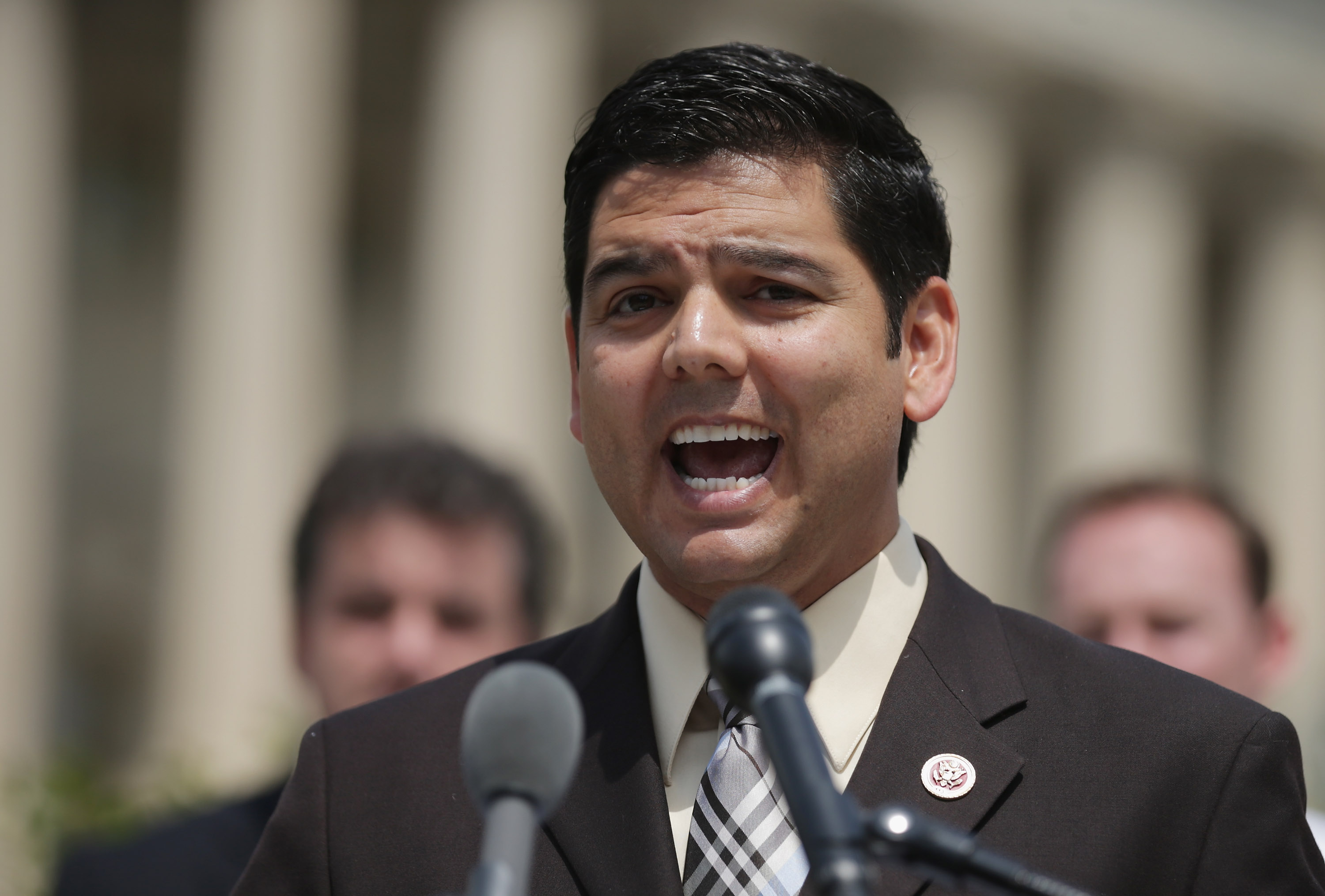
Rep. Raul Ruiz, M.D. has spent his entire career being a fierce advocate for Planned Parenthood and women’s access to health care services. He has repeatedly taken to the House floor to defend a woman’s right to make her own health care decisions.
Ruiz currently serves on the House Energy and Commerce Committee and has spent the last two years fighting for his patients on the front lines against Trumpcare and other attempts to eliminate essential health benefits and free access to preventative health care services like mammograms, Pap smears, and contraceptives.
“As a physician, I have seen firsthand how institutional barriers to care have led to worse overall health outcomes for women and their families. In Congress, I continue to fight for health equity and to expand women’s access to affordable maternal and preventative health care services and protect a woman’s right to make informed health care decisions with her doctor.”
Maria Echaveste

Maria Echaveste is a senior fellow at the UC Berkeley Center for Latin American Studies and with the Opportunity Institute. She has built a distinguished career as a public policy consultant, lecturer, a senior White House official, long-time community leader, and corporate attorney. Prior to co-founding the strategic and policy consulting group NVG, LLC in 2002, she served as Assistant to the President and Deputy Chief of Staff for President Clinton from 1998 to 2001. Currently, Echaveste serves on the board of directors of the California Healthcare Foundation, the Level Playing Field Institute, and Mi Familia Vota.
“The issue became very clear to me when, in my 20’s, I visited my family’s home village in Mexico, where my cousins that were around my age were already mothers with 4-6 children. My mother, who is a staunch Catholic but who believes in birth control, bemoaned the fact that in that village, the priests made it difficult for women to access information to be able to make the decision of when and how many children to have. Today, we are fighting that battle here in the USA with the repeated efforts to defund and limit access to family planning clinics—many of whom serve low-income Latino communities. All girls and women, regardless of income, need access to accurate and timely information regarding their reproductive choices—it’s the only way to ensure that a woman’s potential can be fully realized.”
Amara La Negra

Amara La Negra is a Dominican-American who continues to challenge racism and colorism in the entertainment industry. The Miami native has encountered racism on all fronts—from public insults on her afro to racists remarks made about the color of her skin—Amara has been diligent in calling out injustices and becoming a public face for Afro-Latinas worldwide. Like Celia Cruz, the late queen of salsa, Amara is one the few Latina celebs of recognizable African ancestry challenging a mainstream which has excluded people like her for too long.
“There is still a lot of ignorance surrounding the Afro-Latino community, and it has given me all the reason to want to keep fighting for it,” says La Negra, who was born Diana de los Santos. “Somewhere along the way, I started to feel this energy in my body – this need to empower other women, this need to liberate people. This need to talk. Why isn’t anybody saying anything?”
Maria Teresa Kumar

Maria Teresa Kumar, President, and CEO of Voto Latino and commentator on MSNBC is a dynamic leader and advocate who has dedicated her career to empowering Latino youth and engaging them in the political process. Her strong record of accomplishment has earned her high profile recognition, including being named as one of the 20 most notable Latinos under 40 by PODER Magazine, and numerous leadership awards including an Emmy nomination, the White House Project, Imagen Foundation and the New York legislature. At Voto Latino, Maria Teresa has guided the organization’s growth through the use of creative campaigns that incorporate the latest online and mobile technology, celebrity voices, and youth to create positive change.
“Voto Latino’s SOMOS MÁS campaign relies on the unique ability Latinas possess in engaging and uniting their communities. Juntas, we are more than intolerant stereotypes, more than crippling wage gaps, more than attempts to silence our demands. Empowering Latinas to make their voices heard at the polls will ensure that future officials recognize their ability to be agents of social change.”
